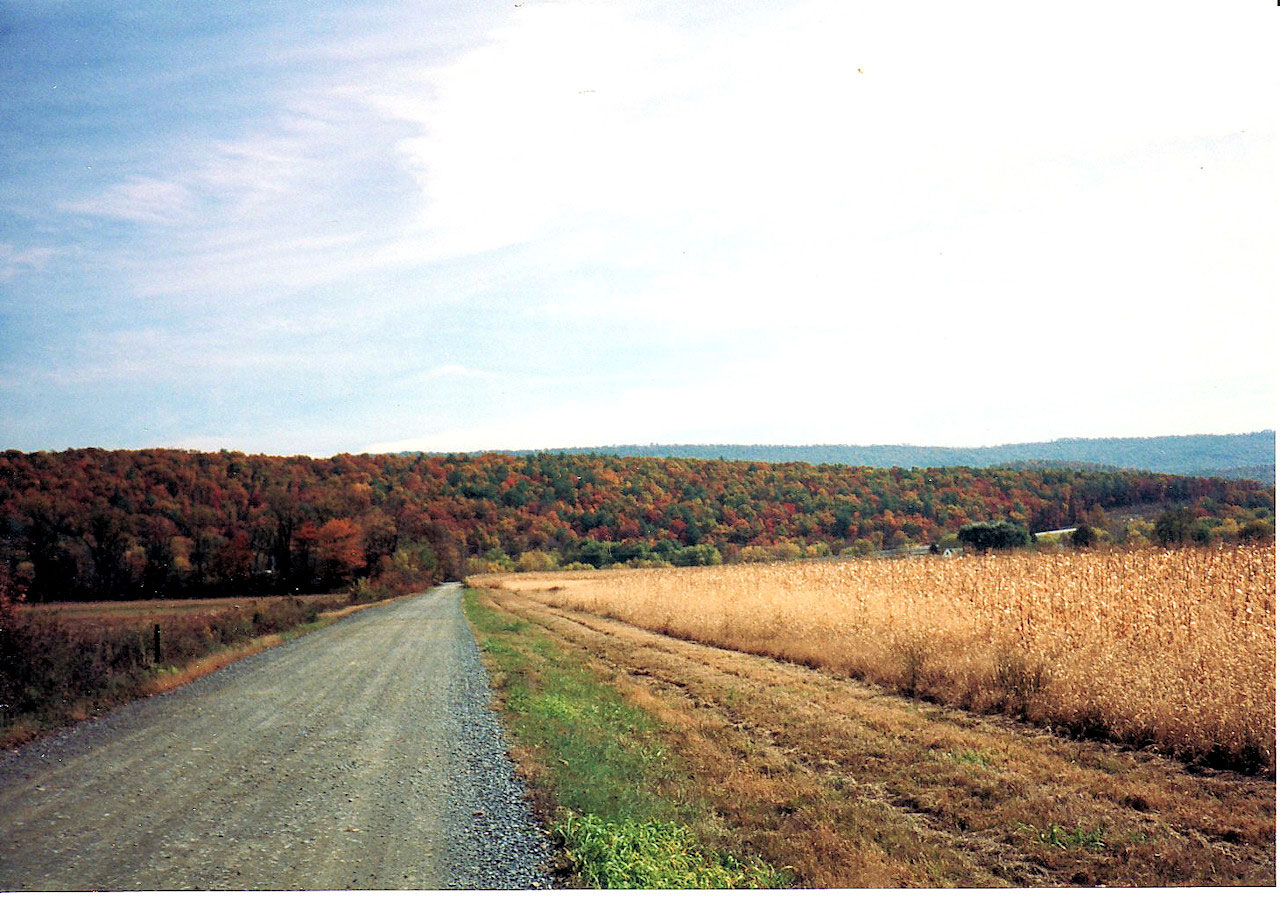
David Schultz’s Ragamuffin is a portrayal of the life of Rich Mullins. One thing that makes this portrayal of Mullins’ life particularly interesting is the focus on Mullins’ relationship with his father. In the film at least, this focus is central to Mullins’ character development. Mullins’ relationship with his father affects him in profound ways, and Mullins’ central conflict has to do with discovering more about his father. Since the relationship between fathers and sons is the central component of father-son adventure, Ragamuffin is a relevant study in the father-son adventure.
This article contains spoilers. If you haven’t seen the film, we suggest you do so before coming back to read this article.
According to the film, Mullins’ memories of his father change. Although Mullins’ memories resurface only after extensive soul searching under the guidance of mentor Brennan Manning, we find out that Mullins’ father is not as bad as he is originally portrayed. We learn that he could indeed be severe, but the father of Mullins’ resurfaced memories is also tender and caring towards his son. Mullins had buried portions of the memory of his father so the picture of his father was fragmented and incomplete. He had built the memory of his father from all of the negative fragments, to which Mullins had clung. According to the film, this is the distorted image of his father that affected Mullins much of his life.
We might theorize and ask why Mullins’ memory of his father was made of exclusively negative fragments. Why were any and all the memories of his father’s kindness or goodness repressed? One possibility is that negative emotions and memories have so much power. Negative memories and emotions have a tendency to get a lot of press in our psyches precisely because they are negative. Negative memories engage us in all sorts of ways that positive or neutral memories do not.
We dwell, try to fix, bury, and run away from negative memories and emotions. We tend to let the negative memory have power and it sticks. If we repress negative memories because they are negative, we may be risking an inaccurate picture of our past. The same is true if we repress positive memories. We may do this because the negative images have a controlling presence, causing us to dwell on them. Thus, the positive images are ignored or buried because our focus is elsewhere, namely on our negative memories. This may have been the case with Mullins. His negative memories of his father were those that stuck, distorted his perspective of the past, and affected his future.
Although the negative portrayal of Mullins’ father may have been accurate in many respects, we may speculate that Mullins may have inadvertently exaggerated the negativity of the memory of his father. He may have done this, not only because the memories were negative, but because the memory was of his father. As we have seen in some of our previous articles, such as The Father Son Adventure: The Shared Story of Fathers and Sons, the nature of the father-son relationship is unavoidably significant and, as such, it inevitably affects the lives of fathers and sons for better or for worse.
Another thing to keep in mind is our selective memory and, as was the case with the film’s portrayal of Mullins, sometimes our memories are too selective. We forget too much. We forget important positive memories that give a more complete and accurate picture of an event. This makes us unnecessarily bias. True, a completely unbiased point of view is an impossible goal, but we can seek to lessen our bias and view our past more accurately. This is what happened to Mullins after he rediscovered his repressed memories of his father. He gained a more accurate view.
In a way, Rich Mullins’ journey, at least as it was portrayed in the film, was a journey that completely revolved around his dad. Part of the father-son adventure is dealing with the father-son relationship in a way that sustains and promotes life for the people in the relationship. Arguably, this is a goal in every relationship, but there are unique dynamics when it comes to fathers and sons. The father-son relationship will have consequences for both the father and the son, for better or for worse. It is just that important. This means treating the relationship with the recognition that it deserves. This is a noble concern for every father and son.
Christ in the Rockies seeks to equip fathers and sons with tools that can affect their relationship for the better. The camps are designed to place fathers and sons in an environment that treats their relationship with the recognition that it deserves, without any distractions. The teaching seeks to create language and middle ground that promotes understanding within the relationship.
If you would like to know more about Christ in the Rockies, its mission, or if you have any questions about the father-son adventure and what it entails, please feel free to contact us. Our contact info can be found on the Christ in the Rockies homepage. You can also leave comments on this blog. We would love to hear from you. Thank you for reading.

